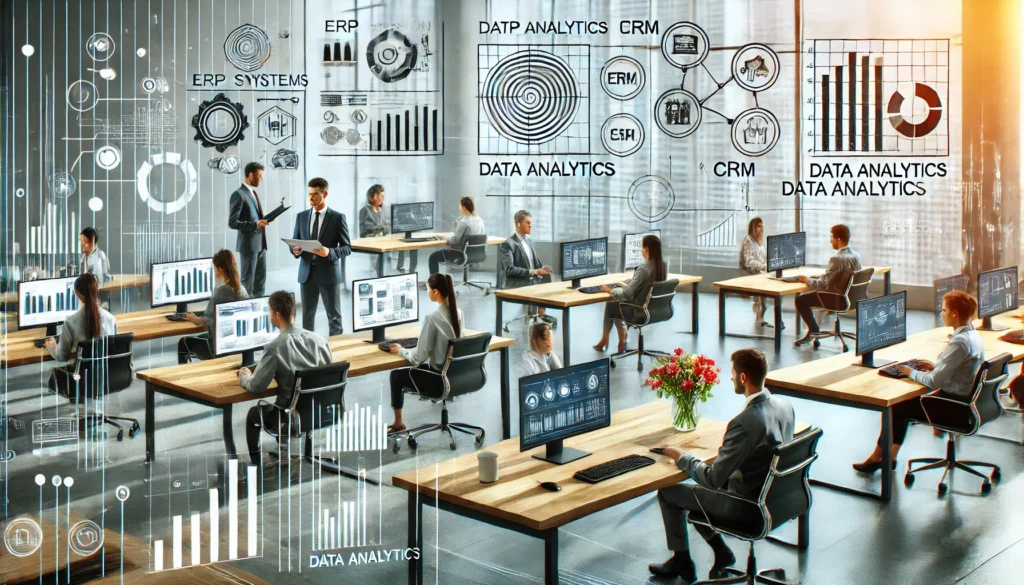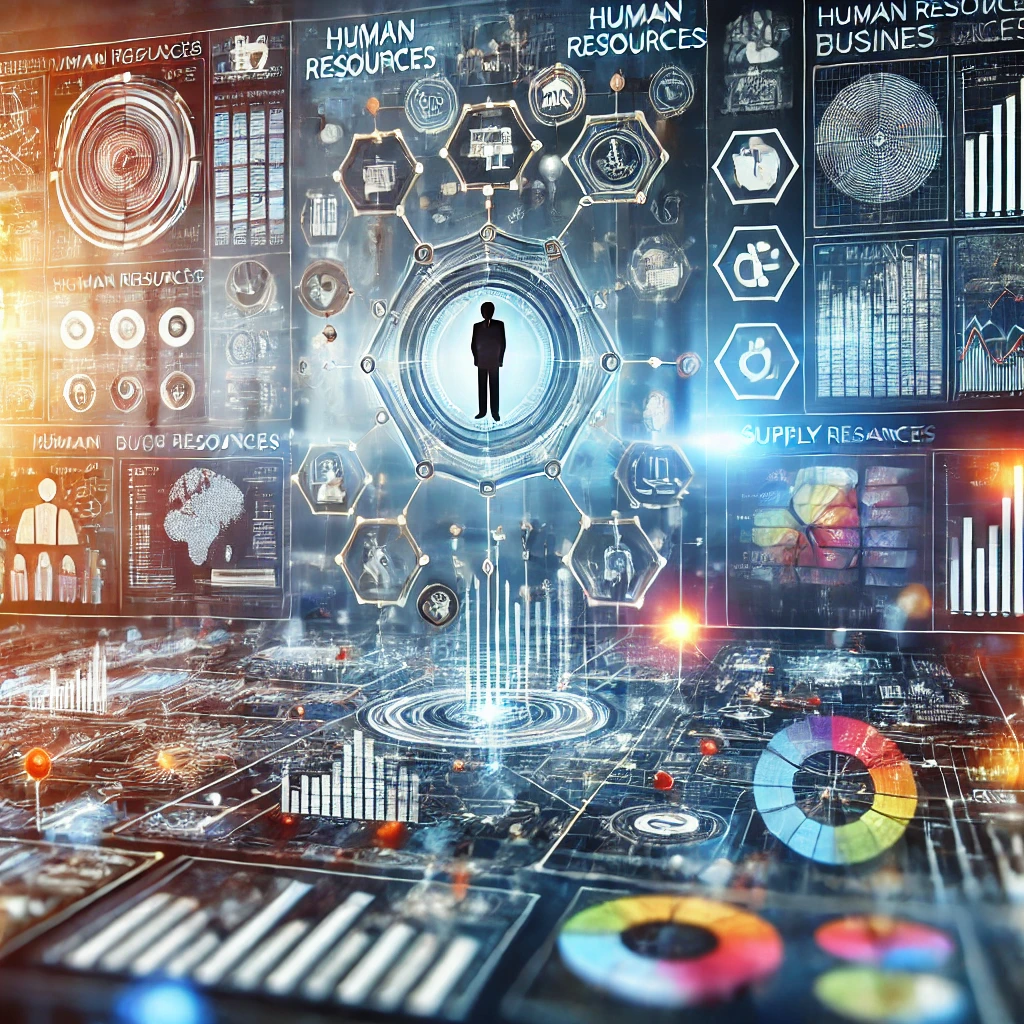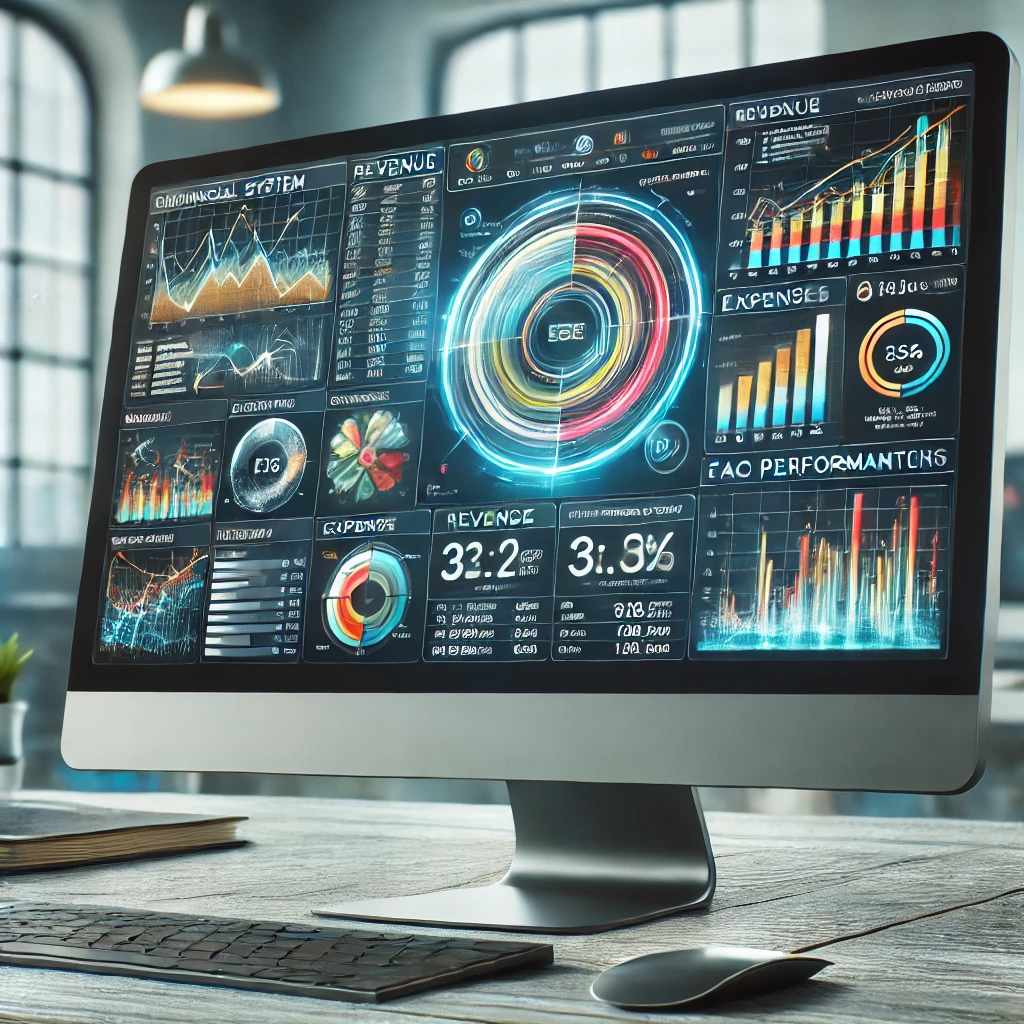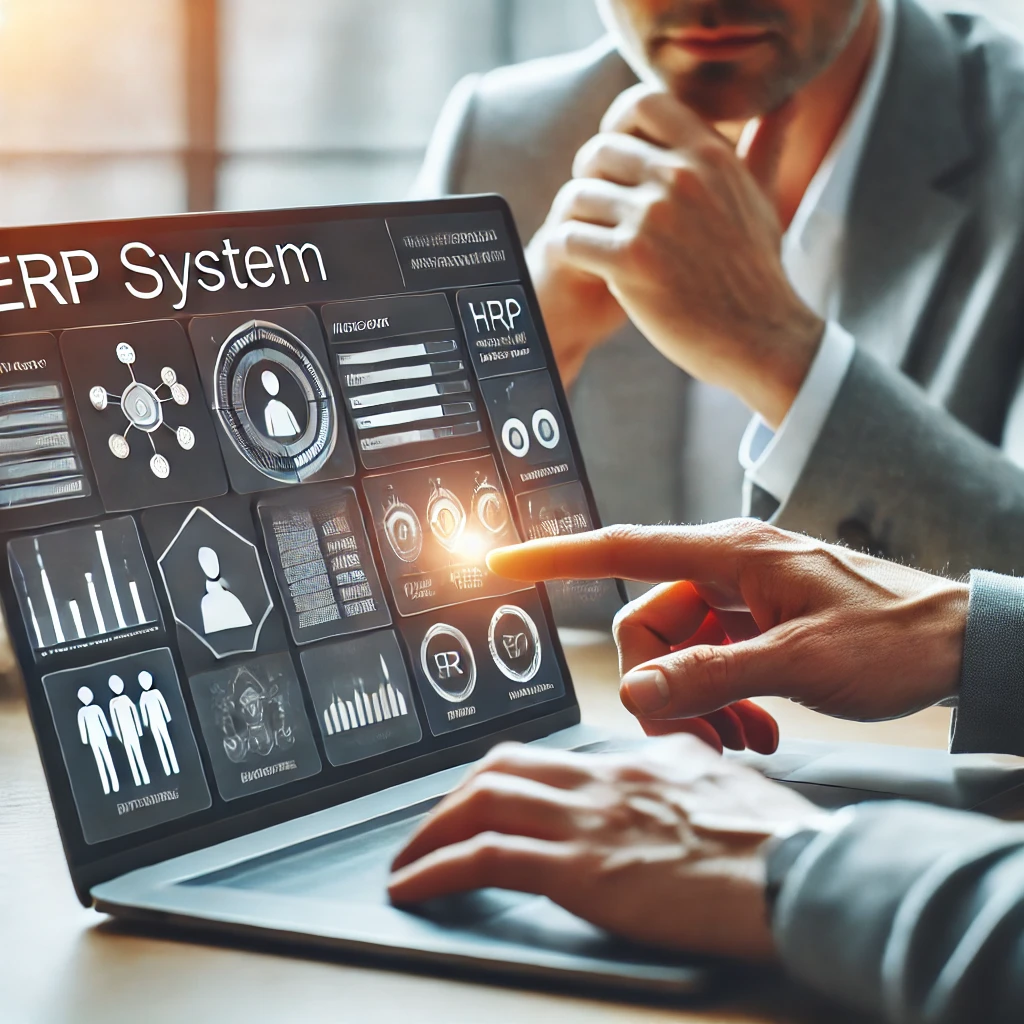How Do ERP Systems Improve Customer Experience Keywords

In today’s highly competitive business environment, providing a seamless and positive customer experience is crucial for success. Companies are constantly seeking ways to optimize their processes, reduce inefficiencies, and respond more effectively to customer needs. Enterprise Resource Planning (ERP) systems are among the most powerful tools for accomplishing these objectives. These integrated solutions help businesses streamline their operations, improve internal communications, and provide a more personalized and satisfying customer experience. In this article, we will explore how ERP systems contribute to enhancing customer experience by improving business efficiency, enabling better data management, and fostering a more customer-centric approach.
What are ERP Systems?
The Role of ERP in Streamlining Business Processes
Enhancing Customer Relationship Management (CRM) through ERP
Data Analytics and Real-Time Information for Improved Decision-Making
Process Automation and its Impact on Customer Satisfaction
ERP as a Tool for Digital Transformation
Real-World Examples of ERP Systems Improving Customer Experience
The Future of ERP Systems in Customer Experience Management
What are ERP Systems
Enterprise Resource Planning (ERP) systems are software solutions that integrate various business processes into a single system to streamline operations and improve overall efficiency. These systems encompass various business functions, including finance, human resources, supply chain management, inventory, procurement, and more. By bringing all these functions together, ERP systems provide a unified view of the organization’s data, which helps in making informed decisions and enhancing communication across departments
The Role of ERP in Streamlining Business Processes
One of the primary benefits of implementing an ERP system is the streamlining of business processes. An ERP system helps eliminate redundant processes and automates routine tasks, which reduces manual effort and errors. This leads to faster order processing, quicker response times, and more accurate delivery schedules, all of which significantly improve customer satisfaction. When processes are efficient and streamlined, employees can focus more on customer-centric activities rather than administrative tasks
Enhancing Customer Relationship Management (CRM) through ERP
ERP systems often come with integrated Customer Relationship Management (CRM) modules that help businesses manage customer data more effectively. By having access to customer history, preferences, and interactions in one place, businesses can personalize their offerings and communications. This level of personalization creates a more engaging experience for customers, leading to higher satisfaction and loyalty. Moreover, with better access to customer insights, sales and customer service teams can provide more relevant support and services, further enhancing the overall customer experience
Data Analytics and Real-Time Information for Improved Decision-Making
Modern ERP systems are equipped with advanced data analytics tools that provide businesses with real-time information and insights. This capability allows companies to track customer behavior, preferences, and trends, which is crucial for making data-driven decisions. For example, if an analysis reveals that a particular product is trending among certain customer demographics, businesses can focus on marketing efforts accordingly. Real-time data also enables businesses to respond quickly to customer inquiries and issues, thus improving customer service and experience
Process Automation and its Impact on Customer Satisfaction
Automation is one of the key features of ERP systems that can significantly enhance customer experience. By automating processes like order management, invoicing, and inventory management, businesses can reduce processing times and minimize errors. This leads to faster delivery, accurate billing, and better inventory control, all of which contribute to a more satisfying customer experience. Automated systems also ensure that customers receive timely updates about their orders and services, which builds trust and loyalty
ERP as a Tool for Digital Transformation
ERP systems are not just about managing resources—they are critical tools in the broader context of digital transformation. By integrating various digital tools and platforms, ERP systems enable businesses to innovate and adapt to the changing needs of customers. This adaptability is crucial in today’s digital age, where customer expectations are constantly evolving. Companies that leverage ERP systems effectively can provide a more cohesive and responsive customer experience, setting themselves apart from competitors
Case Studies: Real-World Examples of ERP Systems Improving Customer Experience
Several companies across different industries have successfully used ERP systems to improve their customer experience. For example, a retail company that implemented an ERP system managed to reduce its order processing time by 40%, which resulted in higher customer satisfaction and repeat purchases. Similarly, a manufacturing firm used ERP to better manage its supply chain, resulting in fewer delays and a better overall customer experience
Conclusion: The Future of ERP Systems in Customer Experience Management
The integration of ERP systems is proving to be a game-changer in the realm of customer experience management. As businesses continue to recognize the value of a unified and streamlined approach, the demand for robust ERP systems will only grow. Future developments in ERP technology, such as artificial intelligence and machine learning, will further enhance their capabilities, making them even more critical for businesses aiming to improve customer experience. The key to success will lie in selecting the right ERP solution that aligns with business goals and customer expectations




